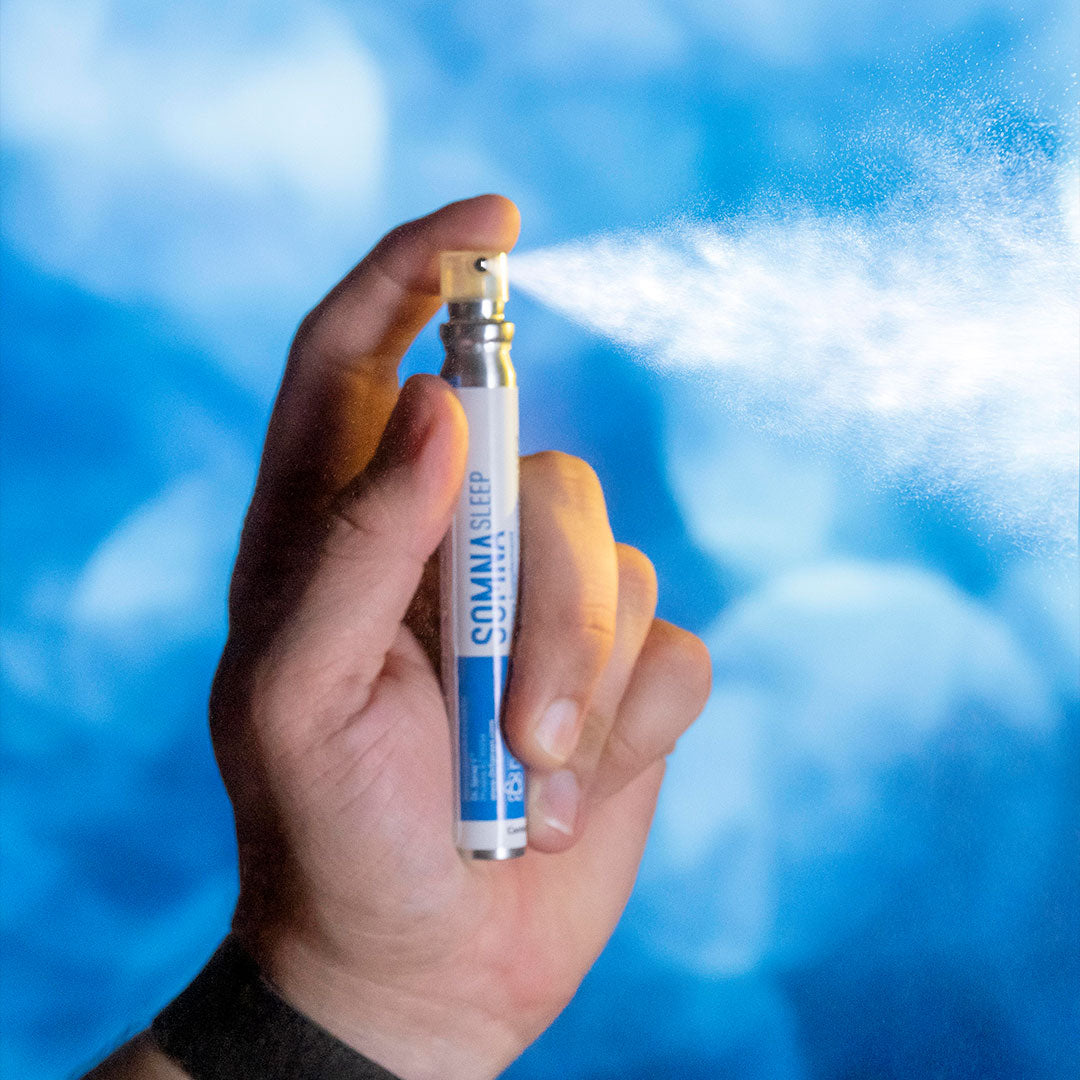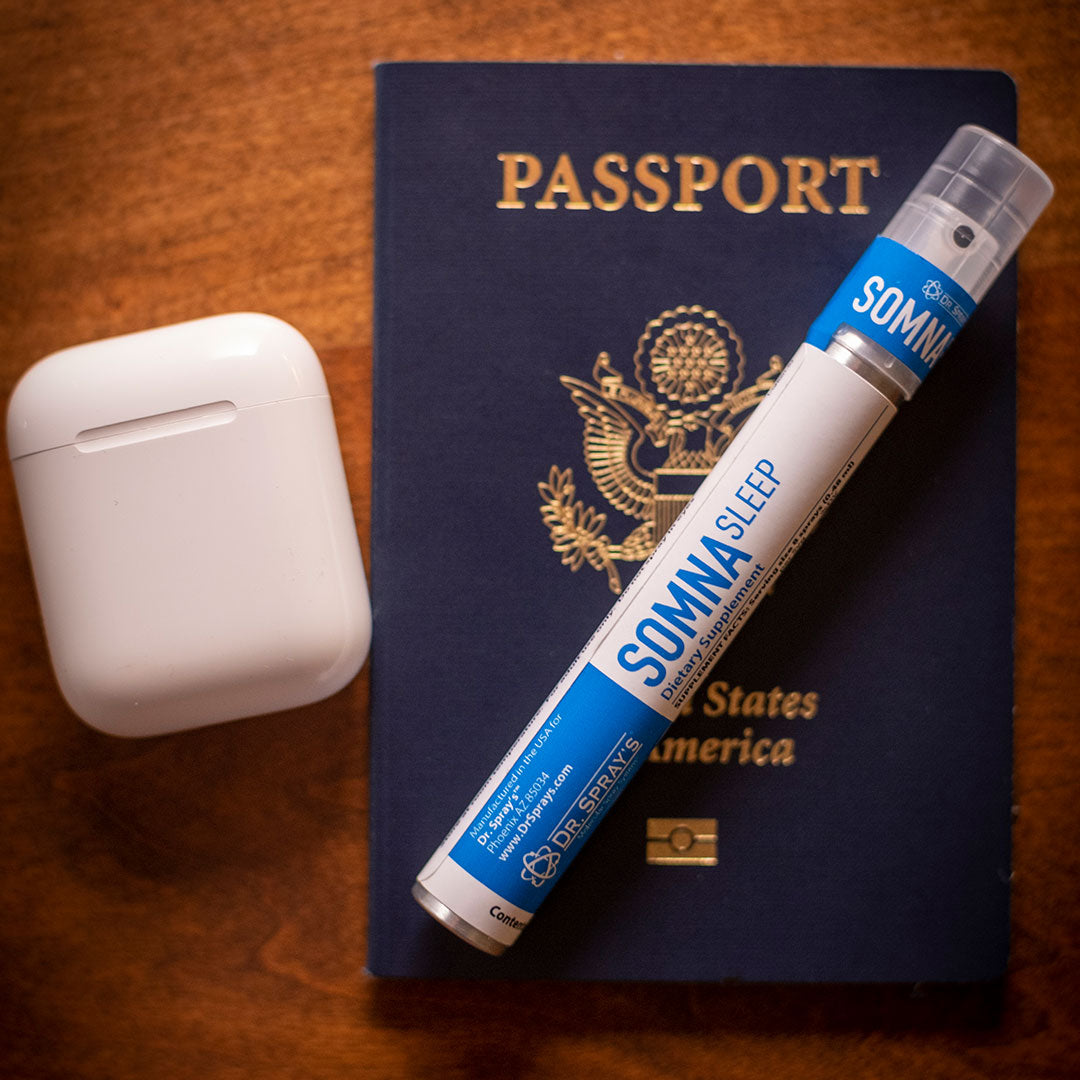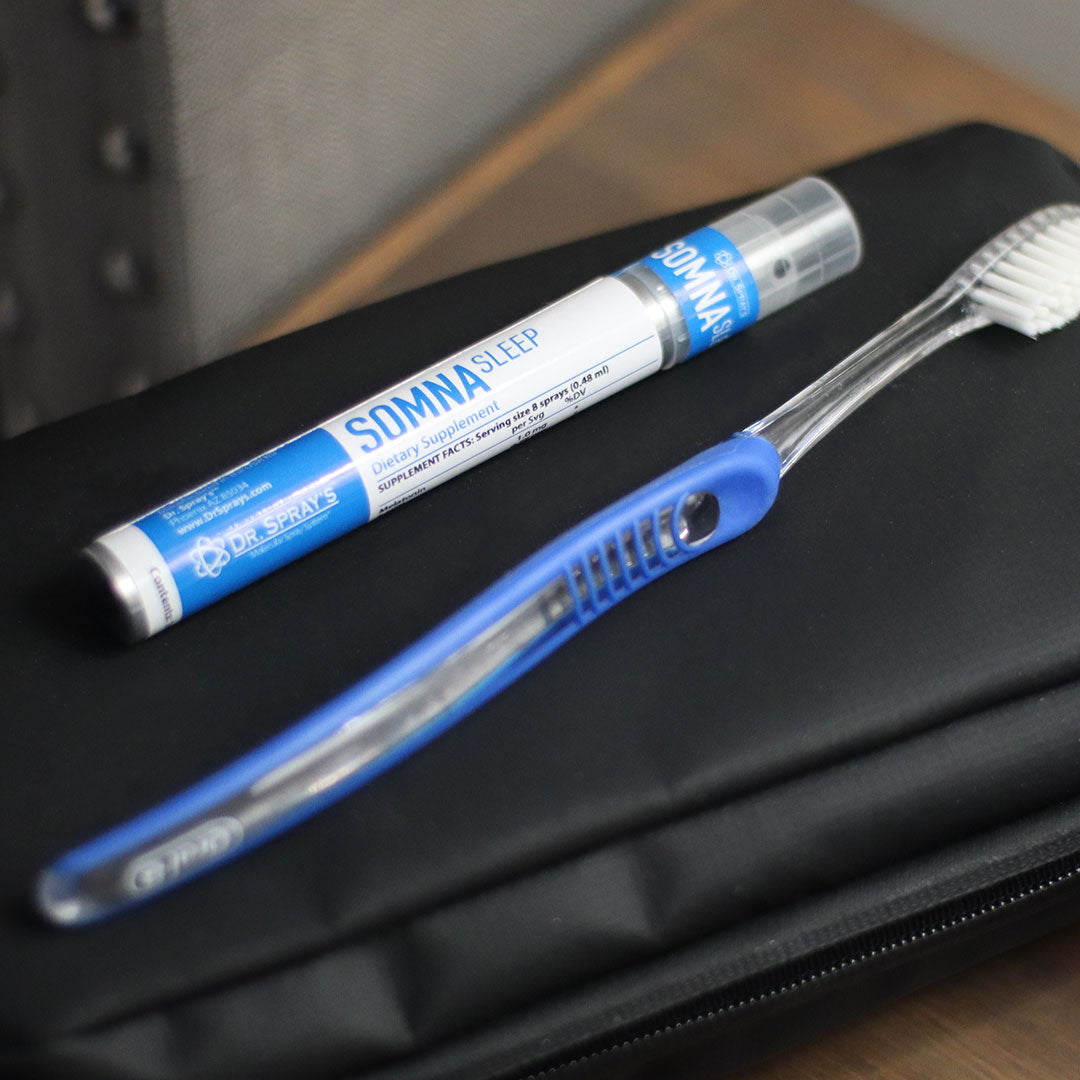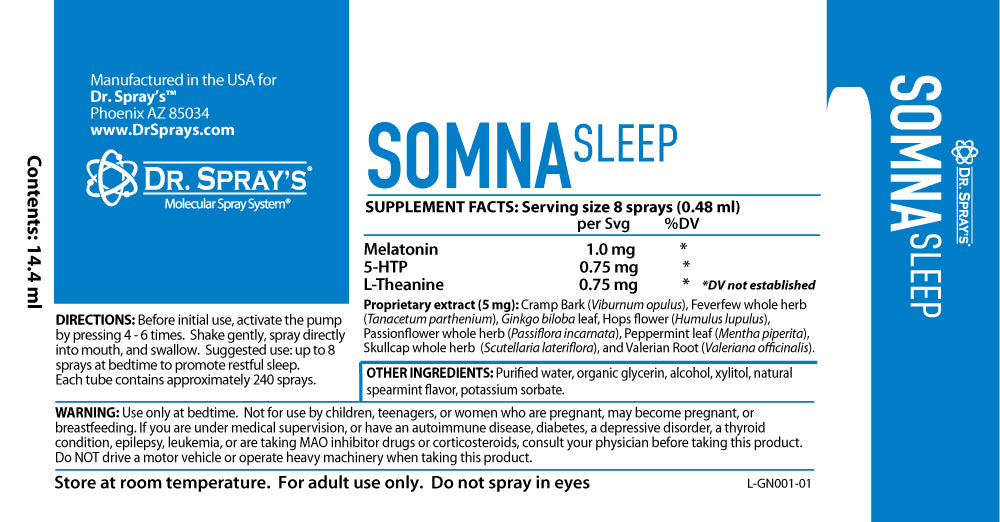How To Get To Sleep For 12 Year Olds?
It's bedtime, but your mind is still racing and you can't seem to get to sleep. If you're a 12-year-old who's struggling to fall asleep, there are a few things you can do to make it easier.
To start, disconnect from electronics at least 30 minutes before bed. That means no more TV, computer, or phone screens. The blue light from these devices can inhibit the production of melatonin, a hormone that helps regulate sleep.
Instead of using electronics, try reading a book or writing in a journal to help relax your mind. You could also try drinking chamomile tea or taking a warm bath before bed. These activities can help your body wind down so you're more likely to fall asleep.
If you're still having trouble sleeping, talk to your doctor. They might be able to recommend other strategies for getting better sleep.
1. Set a regular sleep schedule.
Having a regular sleep schedule is key for getting quality sleep. This means going to bed and waking up at around the same time every day, even on weekends. A consistent schedule helps to regulate the body's natural sleep rhythm.
2. Create a bedtime routine.
A bedtime routine can help signal to the body that it's time to wind down for the night. This could include taking a bath, reading a book, or writing in a journal. Doing the same things each night will cue the brain to start preparing for sleep.
3. Keep electronics out of the bedroom.
The blue light from screens can interfere with sleep, so it's important to keep electronics out of the bedroom. If your child is used to falling asleep with the TV on, try gradually transitioning to using a white noise machine instead.
4. Avoid caffeine and sugar before bed.
Caffeine and sugar can both make it harder to fall asleep, so it's best to avoid them in the evening. This means no sodas, chocolate, or coffee after dinner. Opt for water or herbal tea instead.
5. Get some exercise during the day.
Exercise can help improve sleep quality, so try to encourage your child to get some physical activity during the day. A short walk or bike ride after school would be perfect. Just be sure not to exercise too close to bedtime, as this can make it harder to fall asleep.










